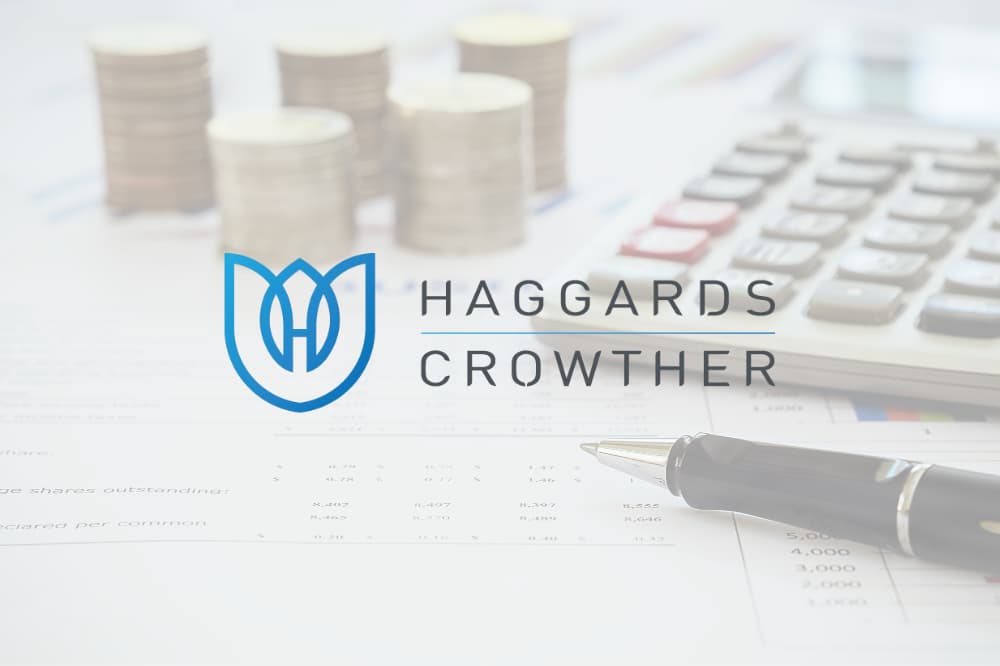
How to Pay Tax on Cryptocurrency in the UK
11th April, 2025
Cryptocurrency allows people to buy and sell assets online and is widely used in today’s society. Simply put, cryptocurrency is a digital payment system that doesn’t rely on a bank for you to make payments or verify transactions.
But, how do you pay tax on cryptocurrency? Whether you are new to cryptocurrency or have been using the platform for a while, you may not be aware of the tax payments associated with using crypto.
If this sounds like you, don’t worry! We are here to help. Read on for everything you need to know about how to pay tax on cryptocurrency in the UK and more!
Do You Have to Pay Tax on Cryptocurrency UK?
The answer is yes, you do have to pay tax on cryptocurrency investments, although crypto is a digital currency and therefore is not considered legitimate money. The assets from crypto are treated like shares from a tax perspective and are taxed in this way accordingly.
There are some exceptions to the rules for crypto investors. Investors need to be aware of the various ways that traders transact cryptocurrency. The different ways of trading are still subject to tax as it is still classed as crypto income.
Over recent years, there have been huge investment opportunities in crypto and the potential for large amounts of money to be made. People have been successful in investing in crypto assets with the main cryptocurrencies being:
- Bitcoin (BTC)
- Ethereum (ETH)
- Tether (USDT)
- Binance Coin (BNB)
- USD Coin (USDC)
- Polygon (MATIC)
With a rise in popularity and the opportunity for large amounts of money to be made with these types of currencies, it has drawn the attention of tax regulators, HMRC.
The trading nature of crypto has a reputation for being underhand, however, legitimate crypto investments will be watched closely.
Crypto tax inevitably is complicated. If you are a crypto trader or investor then you need to be careful and aware of the range of transactions at all times.
How Much Is Taxed on Your Crypto Investment Gains?
The amount of tax you pay on your crypto investment gains depends largely on how much you earn with it overall during the tax year.
Your salary, your total crypto trading and any other earnings you have made are all taken into account. This total number will determine how much of your profit is taxed. This is your Capital Gains Tax.
Capital Gains Tax
Capital Gains Tax is the tax you owe in profits that you make. This accounts for any asset that you sell. It could be a house, car, jewellery or crypto. For the current 2024/25 tax year, you will pay the following rates:
- 10% if your income is under £50,270 – 18% for residential properties
- 20% if your income is over £50,270 – 24% for residential properties
With cryptocurrency, you can earn £6,000 tax-free each year in gains. Anything over this threshold is taxable.
Income Tax
Income tax is for those who are buying, selling or receiving cryptocurrency through trade. This applies to someone who actively buys and sells crypto assets to create short-term profit.
If you meet the criteria of a trader, your net profits will be subject to income tax at:
- 20%
- 40%
- 45%
National Insurance contributions are also due at 12% and 2% depending on your income level.
When Do I Pay Tax on Crypto?
If you have sold some crypto assets and acquired more than you bought them for, you are likely to pay Capital Gains Tax on your profits. If you have made a loss, this can be used to reduce your overall tax bill.
Swapping one cryptocurrency for another also counts as a taxable event because it involves the disposal of assets and could trigger gains.
If you are trading large amounts of crypto, HMRC may class you as a trader, requiring you to pay income tax instead of Capital Gains Tax. National Insurance would also apply.
Any tokens awarded to you that have a GBP value are also taxable at the point of receipt.
How to Pay Tax on Cryptocurrency in the UK
As a crypto investor, you must report your gains via your annual self-assessment tax return. Alternatively, you can use HMRC’s real-time reporting service for Capital Gains Tax if you prefer to pay sooner.
Record keeping is crucial. HMRC requires crypto investors to maintain detailed records of:
- The type of crypto invested in
- The disposal date
- The number of tokens disposed of
- The value in GBP
- Bank statements
How Haggard’s Crowther Can Help You
It is always best to speak to a financial advisor when dealing with taxes, especially with complex situations like crypto. At Haggard’s Crowther, our Crypto Accountants can support you with understanding your obligations and filing your taxes correctly.
Still need help with paying tax on cryptocurrency? Get in touch today and let us assist you in declaring your crypto gains. We’ll take the stress out of the process and help you stay compliant with HMRC regulations.
Contact us today to learn more and to speak to a member of our expert team. We look forward to hearing from you!

Terry started life at HM Revenue and Customs before moving to Ashdens and then on to BDO and Chantrey Vellacott, the combination of which has provided Terry with a wide breadth of experience which has proved invaluable when helping a broad range of clients with their tax affairs.
Whether it involves meticulously organising a client’s tax affairs or leveraging his expertise to mitigate their tax exposure, Terry has a passion for delivering tangible results.





